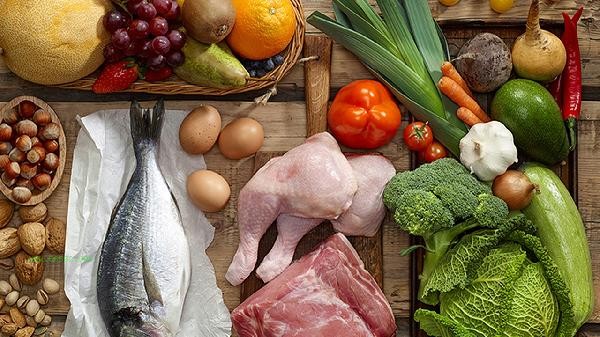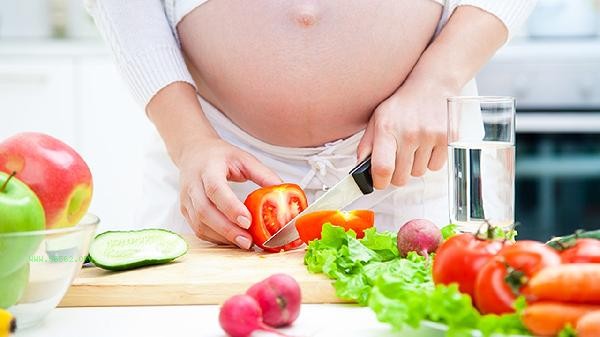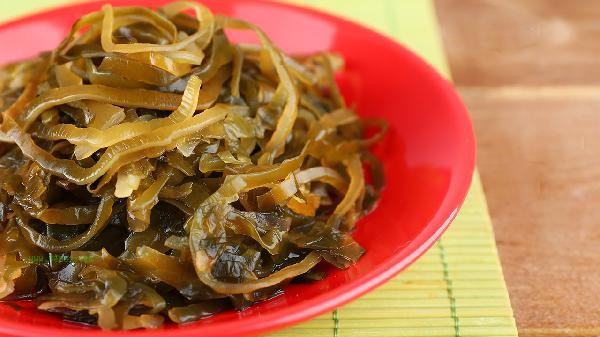Vegetables can usually be consumed for 3 days after spraying pesticides, but it depends on the type of pesticide and cleaning method. Organophosphorus pesticides degrade quickly, while pyrethroids require longer time. It is recommended to reduce the risk of residue by rinsing, peeling, or blanching with running water. The use of pesticides during vegetable cultivation is a common method of pest and disease control, and pesticide residue levels are closely related to safe intervals. China has strict regulations on the safety interval of various pesticides on vegetables, and most pesticides can naturally degrade to a safe range within 3 days. The surface residue of leafy vegetables may be high, and it is necessary to focus on washing the back of the leaves and the gaps in the stem; Root vegetables are recommended to be peeled to remove most of the pesticides attached to the skin. High temperature cooking such as blanching and stir frying can accelerate the decomposition of some pesticides, but water-soluble pesticides may seep back into the interior due to prolonged soaking.

Some highly toxic pesticides or illegally used pesticides may remain for more than 3 days, manifested as abnormal pungent odors or leaf discoloration. When purchasing, it is advisable to choose vegetables from legitimate channels and avoid selecting fruits with obvious medicinal spots or deformities. The high temperature and rainy environment in summer can accelerate pesticide degradation, while vegetables grown in greenhouses in winter may require an extended waiting period due to poor ventilation. Proper drying of green leafy vegetables after harvesting can help to decompose residues, while fruits and vegetables such as cucumbers and tomatoes can be observed for abnormal withering of the fruit stem.

When processing vegetables in daily life, soak them in baking soda water for 10 minutes first, and then rinse with running water for more than 30 seconds to effectively remove surface pesticide residues. It is recommended to manually disassemble and wash vegetables with complex structures such as cabbage and cauliflower before cooking. High risk vegetables such as beans and chives can be soaked for an extended period of time. Special populations such as pregnant women and infants are recommended to prioritize organic vegetables or extend the cleaning time. If discomfort symptoms such as dizziness and nausea occur, they should immediately stop eating and seek medical attention.









Comments (0)
Leave a Comment
No comments yet
Be the first to share your thoughts!